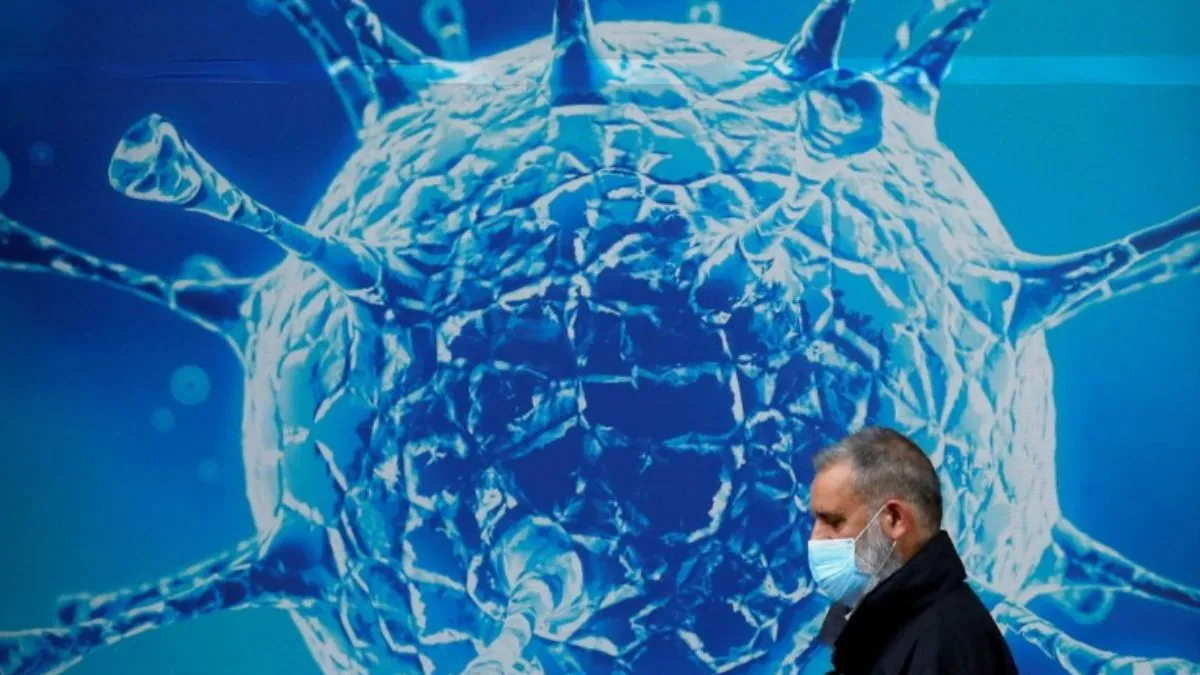- By Anushka Vats
- Sat, 10 Aug 2024 11:40 AM (IST)
- Source:JND
The Covid-19 infection has yet again become a matter of concern after the latest warning by the World Health Organisation (WHO). The warning came in the wake of the COVID-19 surge in Paris, affecting the athletes of the Olympics 2024. Noah Lyles, who tested positive for COVID on Tuesday and took bronze in the Olympic 200 metres sprint on Thursday, said the virus "definitely" affected his performance, and that he had been coughing through the night ahead of the race.
In South Korea too, the number of patients hospitalised for the infection has witnessed a massive spike amid a virus resurgence in summertime nationwide, health authorities said on Friday. The number of people admitted to 220 hospitals nationwide for COVID-19 came to 861 in the first week of August, the highest level since early February, according to the Korea Disease Control and Prevention Agency (KDCA), Yonhap news agency reported.
In an official press release, WHO on August 6 had said that the infections are increasing globally including at the Paris Olympics, and are unlikely to decline anytime soon. The statement also cited a warning from the UN health agency that said "more severe variants of the coronavirus may soon be on the horizon."
"COVID-19 is still very much with us," and circulating in all countries, Dr Maria Van Kerkhove of WHO told journalists in Geneva.
"Data from our sentinel-based surveillance system across 84 countries reports that the percent of positive tests for SARS-CoV-2 has been rising over several weeks. Overall, test positivity is above 10 per cent, but this fluctuates per region. In Europe, percent positivity is above 20 per cent," she said.
Keeping stock of the situation, the ICMR and the NCDC informed that two strains have been responsible for the recent surge in Covid cases, though there is no increase in hospitalisations or severity of illness so far, the government informed Parliament on Friday.
According to data provided by Union Health Minister JP Nadda in the Lok Sabha, 824 cases of the COVID-19 KP mutant strain were recorded till August 5. Maharashtra had the highest cases with 417, followed by West Bengal with 157 and Uttarakhand with 64.
WHO further admitted that the vaccine availability has declined substantially over the last 12-18 months because the number of producers of COVID-19 vaccines has recently decreased.
"It is very difficult for them to maintain the pace. And certainly, they don't need to maintain the pace that they had in 2021 and 2022. But let's be very clear, there is a market for COVID-19 vaccines that are out there," Dr Van Kerkhove explained.
